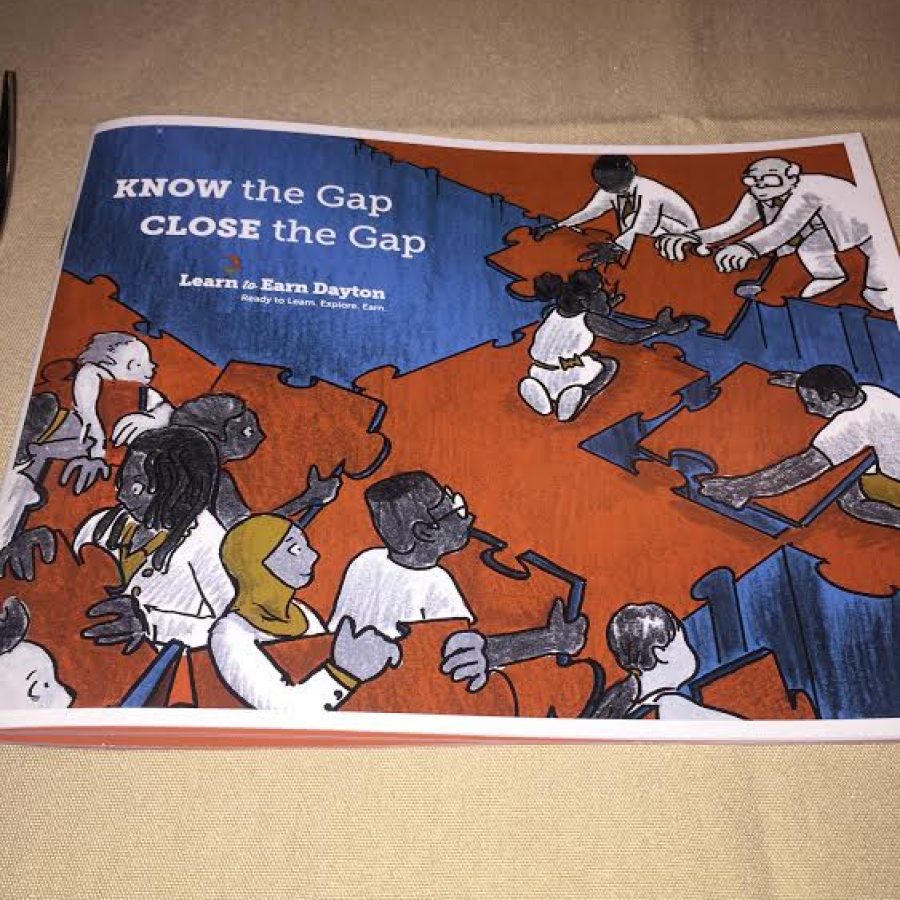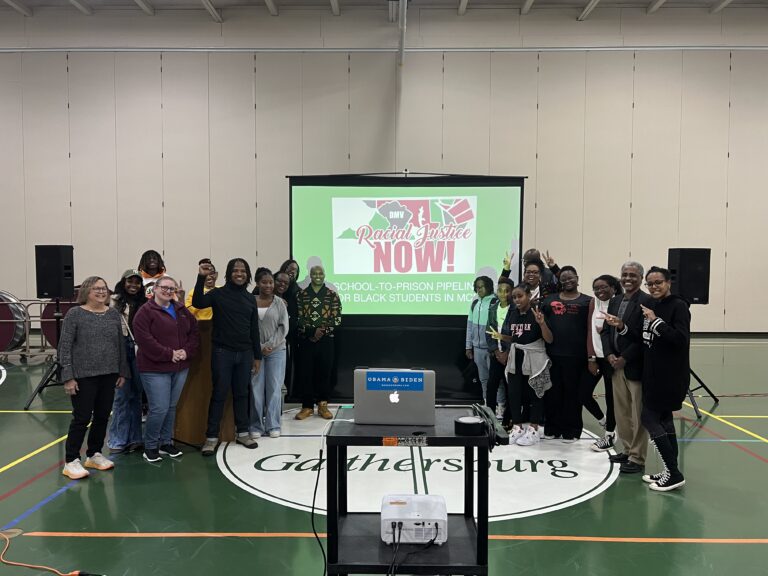Data from all Montgomery County school districts shows struggle over multiple years
local
By Jeremy P. Kelley – Staff Writer
Black students, especially boys, in Montgomery County have not improved academically the way their peers have over a period of years, a point leaders of Learn to Earn Dayton called “incredibly sobering” at an event for community leaders Friday.
The agency’s Know the Gap, Close the Gap report, using data from all Montgomery County school districts, shows that by a variety of measures — kindergarten readiness, third-grade reading, college retention — years of legally required “gap closing” efforts have not had the desired effect locally.
Professor Gloria Ladson-Billings talks about helping challenged students.
“African-American students, especially boys, come in behind and stay behind, and in many instances, the gap actually widens,” said Ritika Kurup, director of early learning at Learn to Earn Dayton. “The data is heartbreaking. … Less than 3 in 10 African-American boys reaches proficiency (under Ohio’s test-based definition) at any time during their K-12 career.”
Tom Lasley, CEO of Learn to Earn, said he remains optimistic because the area’s focus on preschool and other early-childhood education is too new to show up in test data that doesn’t touch this school year.
“There’s going to be a delay of a year or two before you see any movement in those numbers. I do think (the early childhood approach) is the right way,” Lasley said. He thinks improving black students’ performance should be important to everyone. “That population represents one of the great untapped assets for our region. Unless we can figure out how to deal with that, we’re all going to be compromised in terms of what we’re able to accomplish (as a community).”
+ A crowd of Dayton-area leaders listens to University of Wisconsin professor Gloria Ladson-Billings discuss equity in education Friday, Jan. 27, 2017, photo
Staff Writer
A crowd of Dayton-area leaders listens to University of Wisconsin professor Gloria Ladson-Billings discuss equity in education Friday, Jan. 27, 2017, … read more
Gloria Ladson-Billings, professor of urban education at the University of Wisconsin, was the keynote speaker at the event. She encouraged a holistic approach to helping poor students and black students, saying issues like health and housing and after-school activities need to be considered right alongside K-12 curriculum. But she said that’s different from just having sympathy for at-risk children.
“The teacher may say, well, she has such a tough environment (and not require hard work),” Ladson-Billings said. “You have a responsibility as an educator. You can’t just be sympathetic toward her without teaching her. In some classrooms, students are given permission to fail, rather than demanding success.”
Ladson-Billings encouraged people to change their approach, renaming the “achievement gap” as an “education debt” instead. She said no one wants to leave debt to their kids, so society needs to figure out different ways of investing in education to change the results.
Amaha Sellassie, a local sociologist and researcher who has helped lead Martin Luther King Day events in Dayton, said the challenges are practical application of those ideas, and the persistence to get hopeless youth to believe there are opportunities worth pursuing.
“In a lot of communities there’s very little after school for African-American youth, or they can’t pay to get in, or don’t have transportation,” Sellassie said. “Beyond just the classroom, what supports do we have in the community? I sense a willingness right now within the clique of impact here, to go about this a different way.”
Sellassie and Hashim Jabar of the West Dayton Youth Task Force emphasized the importance of making curriculum culturally relevant to the students being served. Lasley and Ladson-Billings agreed but said the teachers in those early grades may be even more important. And Kurup said while poverty has an impact, that alone doesn’t explain the numbers.
“The data has stayed flatter than we want to see, to achieve our big vision of ALL of our children being ready,” said Robyn Lightcap, executive director of Learn to Earn Dayton. “These are not random Census data points we’ve pulled down. These are our kids. … We invite you to help us, and roll up your sleeves.”




